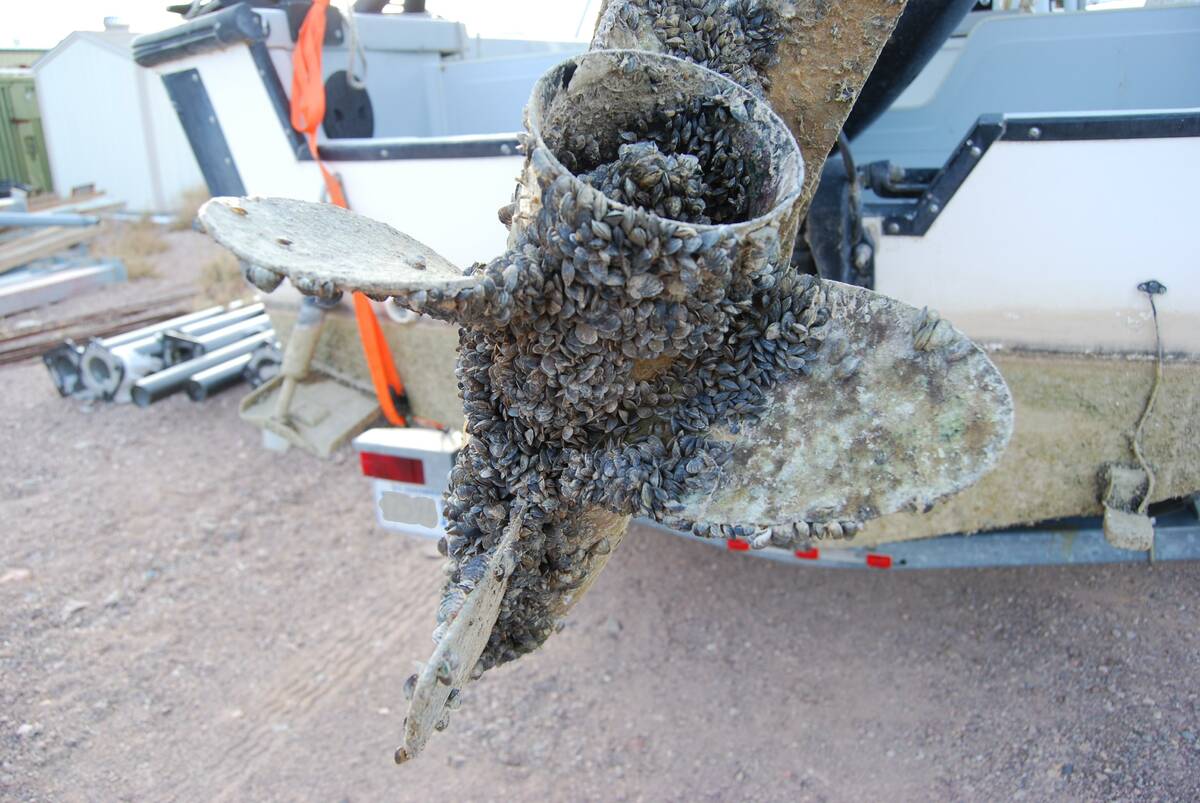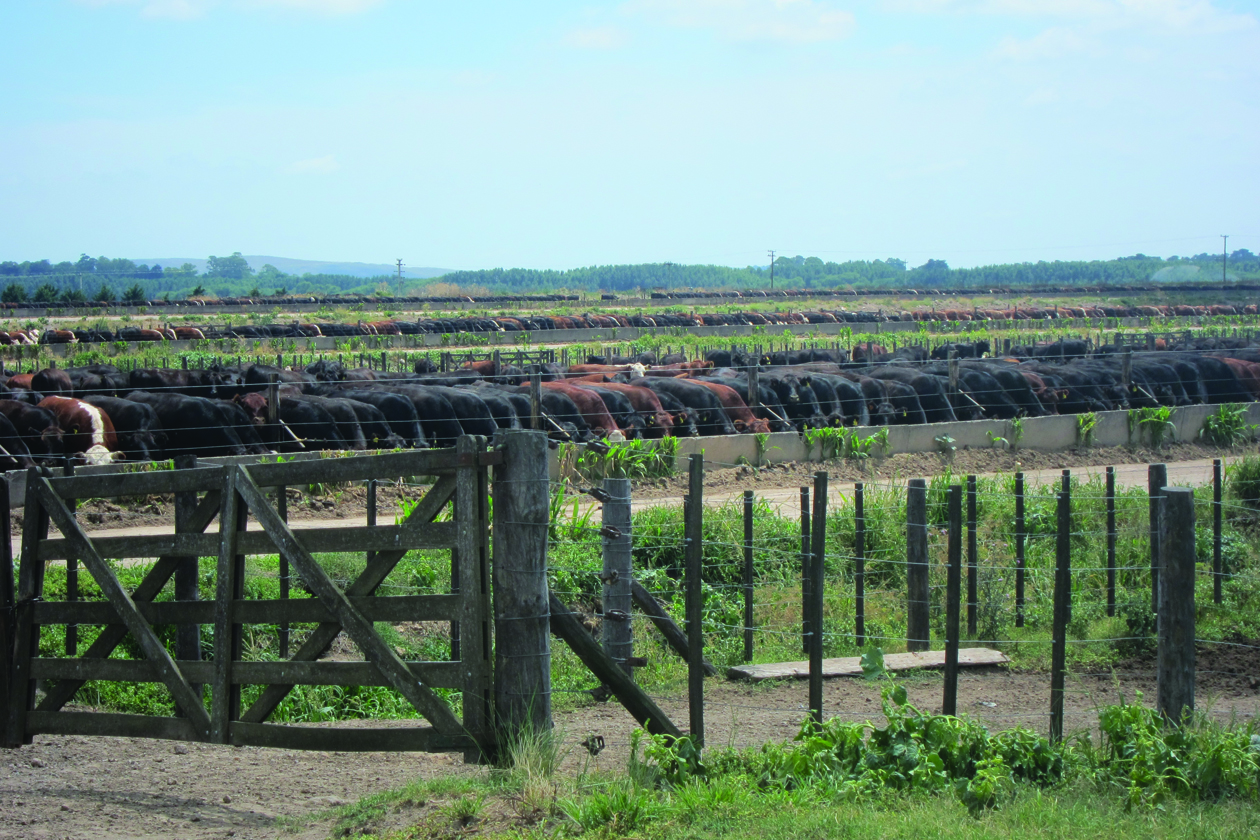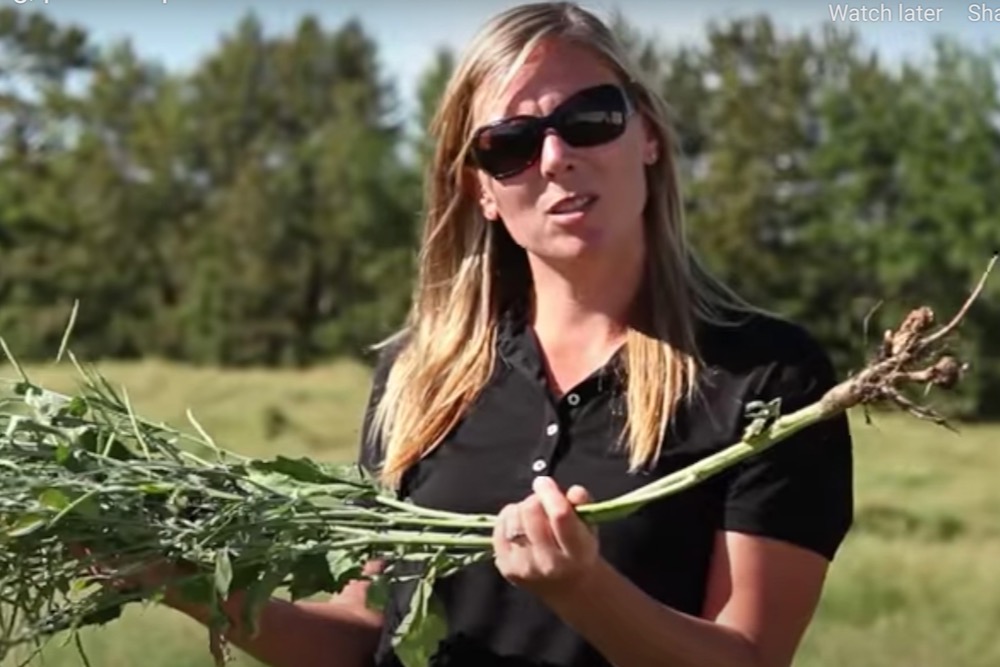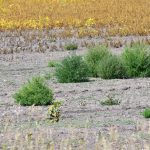Winter has its advantages, and Ottawa could be worse.
Those were two take-aways from a recent trip to Argentina for Alberta rancher Alex Robertson.
The Longview rancher was surprised to see his Argentine counterparts feeding their cattle in one coastal region even though winter there meant a “very damp” -7 C.
“Their grasses don’t harden up in the winter like our native grasses do so we can have winter grazing,” said Robertson, who was part of a group tour organized by the Foothills Forage and Grazing Association.
Read Also

Invasive species council lending a helping hand to Alberta agricultural producers
Alberta Invasive Species Council unveils the huge economic effect of keeping invasive species unchecked to agricultural production in the province.
“(Argentine farmers) have a huge production advantage as to what they can grow, but they still don’t have good native grasses.”
Along with a “huge variety of crops” most Argentine producers are able to grow two crops a year.
Robertson said he made the trip because he wanted to see one of Canada’s major competitors up close so he could ponder what his country’s “competitive advantage” is.
“We can’t compete production-wise because they way outproduce us,” he said. “We have to see (what we can do different) to match or beat our competitors.”
For now at least, the Argentine government seems to be doing that job for us, he said. In 2006, it tripled its export tax on beef to 15 per cent — a move that quickly backfired, noted Robertson.
“The plan was to keep beef cheap,” he said. “Well, once the producers had the tariff, they quit raising as much beef because they couldn’t make as much money.
“In (introducing the tariff), Argentina reduced the amount of beef, and the price of beef stayed high anyway.”
From the Country Guide website: Ukraine: The world’s next breadbasket
Environmental stewardship also suffered. Prior to the tax hike, producers had a “really good rotational program” where they rotated between annual and perennial crops — a “very sustainable farming model,” he said.
“But once they changed the beef production through the tariffs, they got rid of the sustainable model and went to straight cropping without any rotation, and they degraded their soil.”
One local farmer told the group the government there “makes their rules; they change their rules; therefore, there are no rules.”
Seeing the challenges farmers face in Argentina gave Robertson a new appreciation for farming back home.
“We think we have problems with our government here, but we have nothing compared to what they have.”















